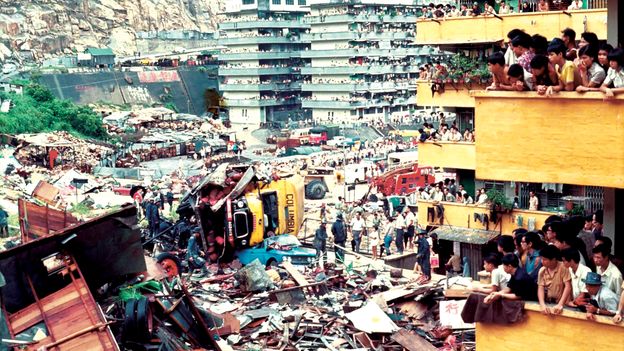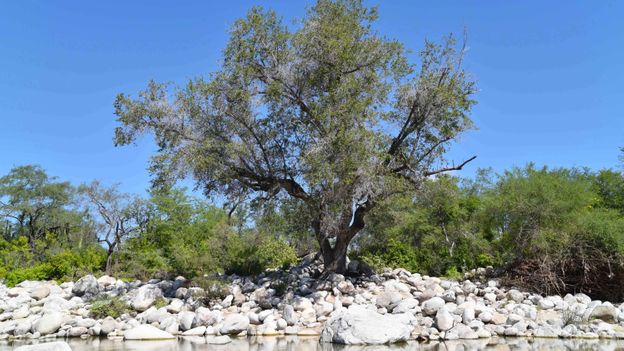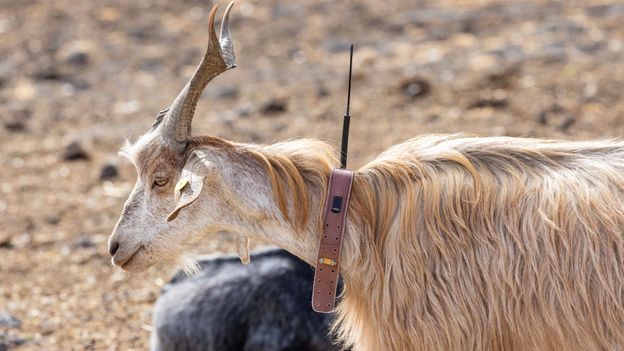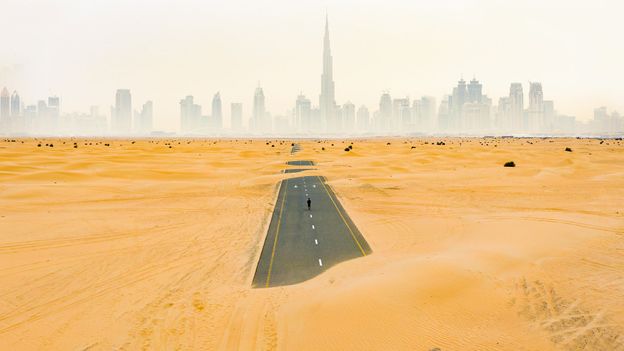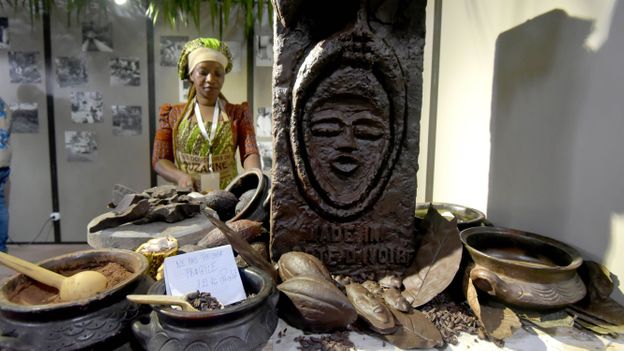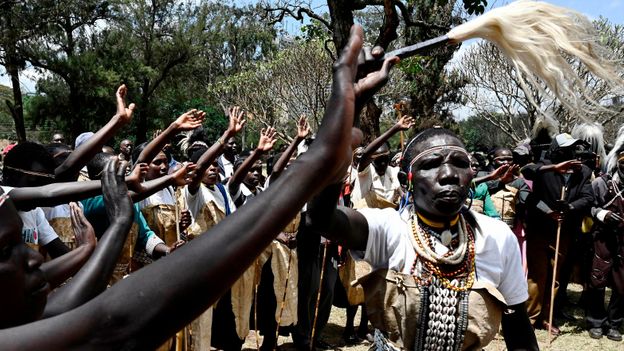“Initially, I was not a big fan, because it seemed to infantilise the problem. I didn’t know the history; I just saw in schools they would put up signs about saving the trees,” she says. “But different communities need different things when it comes to solving the climate crisis. If you have a holiday that allows each community to commemorate it in a way that best fits their needs, I think that’s a good thing.”
It is youth movements like Zero Hour, alongside the school strikes spearheaded by Greta Thunberg, that are leading the climate movement today. But it’s worth remembering that Earth Day, when it started 50 years ago, was also led by young people: fiery students who had witnessed the decline of the natural world and felt as impassioned to solve it as many feel about climate change today.
So the story has come full circle. When Margolin set up Zero Hour, she was guided by insights from another local Seattleite: the original Earth Day organiser, Denis Hayes, himself. While the movement may not be the radical force it once was, it was arguably the seed for the modern ecosystem of environmentalism that is alive today.
—
The emissions from travel it took to report this story were, unsurprisingly, 0kg CO2: the writer interviewed sources remotely from the safety of lockdown. The digital emissions from this story are an estimated 1.2g to 3.6g CO2 per page view. Find out more about how we calculated this figure here.
—
Join one million Future fans by liking us on Facebook, or follow us on Twitter or Instagram.
If you liked this story, sign up for the weekly bbc.com features newsletter, called “The Essential List”. A handpicked selection of stories from BBC Future, Culture, Worklife, and Travel, delivered to your inbox every Friday.


